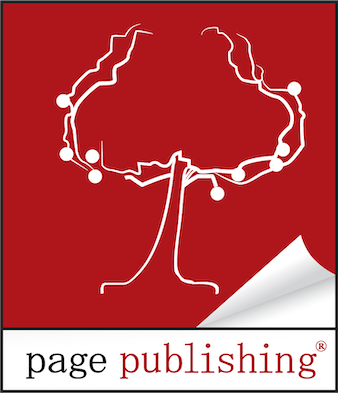
6 Ways Children’s Authors and Illustrators Bring Stories to Life

Every children’s book you pick up is a result of a magical collaboration between two kinds of storytellers: the author, who crafts the words and the narrative, and the illustrator, who paints the world those words live in. Together, they create an experience that delights, teaches, and inspires young readers.
As we celebrate Children’s Authors and Illustrators Week this February, it’s the perfect time to explore how these two creative forces work side by side to bring stories to life – and why both are essential to the magic of children’s literature.
1. Authors: Weaving Words and Worlds
Children’s authors are dreamers, educators, and explorers all rolled into one. They write with the unique goal of capturing the imaginations of young minds – often distilling big ideas into simple, engaging narratives that children can understand and enjoy.
An author shapes the story’s plot, creates memorable characters, and chooses the language that will resonate with their audience. Whether writing a rhyming picture book, a chapter book, or a middle-grade novel, they craft a journey that invites readers to learn about themselves and the world around them.
2. Illustrators: Painting the Imagination
While the author’s words provide the framework, it’s the illustrator who adds color, emotion, and life to the story. Illustrators transform characters, settings, and moods into visual art that complements – and sometimes even expands – the text.
From the first rough sketch to the final vibrant image, illustrators interpret the author’s words with creativity and artistic skill. Their art draws readers in, offering visual cues that help children understand the story’s emotions, actions, and subtle details
3. Collaboration: A Creative Partnership
In many cases, authors and illustrators collaborate closely, sharing ideas and feedback to make sure text and image work harmoniously. Other times, the illustrator is brought in after the manuscript is finished, tasked with interpreting the story in their unique style.
Regardless of the process, the best children’s books result from a balance of both voices – a seamless fusion of narrative and artwork that creates a whole greater than the sum of its parts.
4. Bringing Characters to Life
Characters are the heart of every story, and both authors and illustrators play vital roles in shaping them. The author gives the character a voice, personality, and backstory, while the illustrator gives them a face, expressions, and physical presence.
Together, they create characters that children relate to, cheer for, and learn from – making stories unforgettable and impactful.
5. Setting the Tone and Mood
Illustrations often set the emotional tone of a book. Whether it’s a cozy, warm bedtime story or a thrilling adventure, the color palette, style, and composition of the illustrations help shape how readers feel as they move through the pages.
Meanwhile, the author’s choice of words and pacing supports this mood, creating a fully immersive experience.
6. Inspiring Creativity in Young Readers
The partnership between author and illustrator invites children not just to read, but to imagine and create. Illustrations can spark a child’s curiosity and creativity, encouraging them to draw, write, or dream their own stories.
This creative spark is one of the greatest gifts children’s books offer – and it’s the result of a beautiful dance between text and image.
Behind every beloved children’s book is a dynamic duo: the author and the illustrator. Each brings unique talents and perspectives that, when combined, open doors to new worlds, new ideas, and new dreams.
This Children’s Authors and Illustrators Week, let’s celebrate the artists and writers who bring stories to life – and the magic that happens when words and pictures come together.




